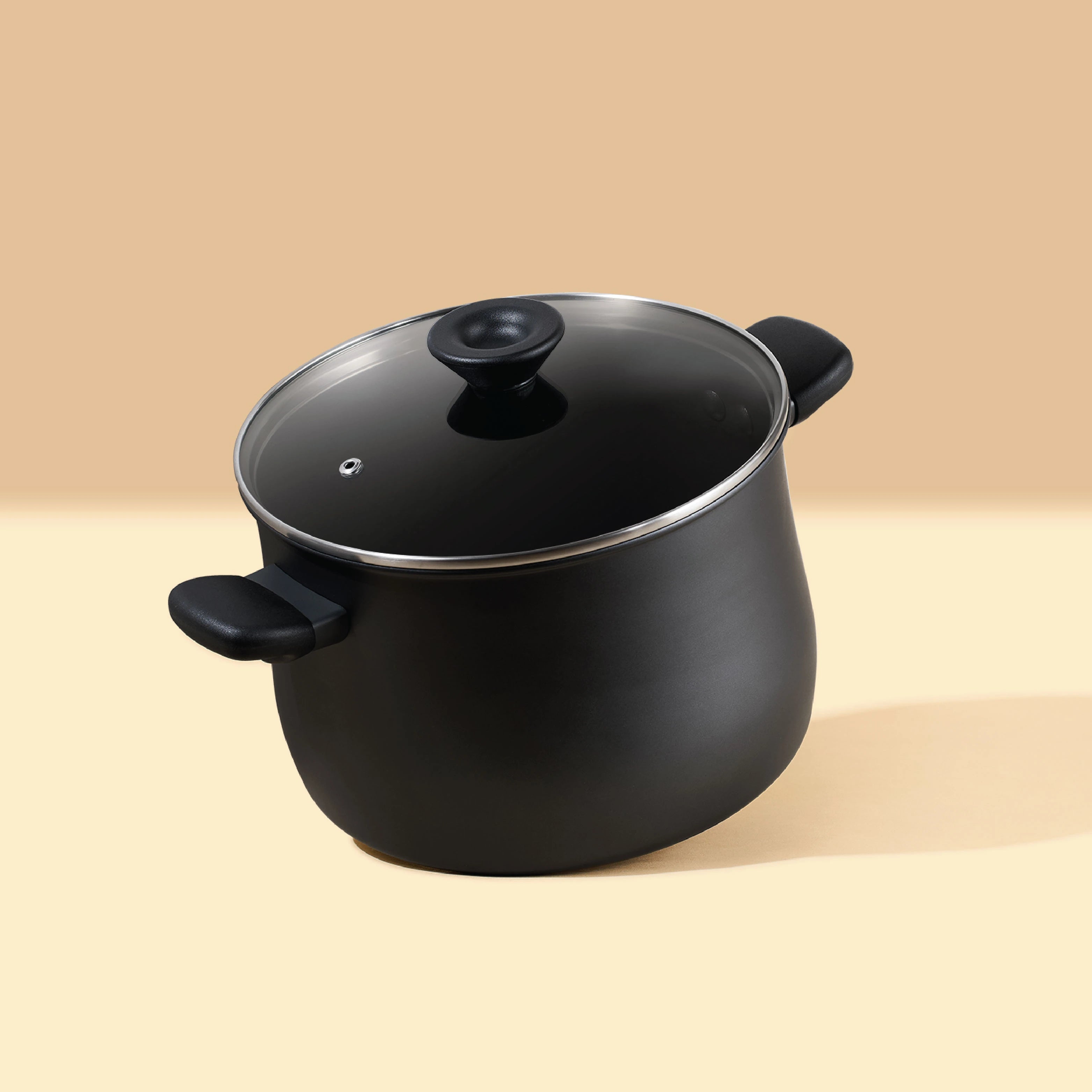Seaweed stands as a nutrient-dense winter oceanic superfood, celebrated for its rich mineral bounty. Laden with essential minerals like iodine, calcium, iron, magnesium, and potassium, seaweed emerges as a powerhouse supporting vital bodily functions. Notably, it serves as a premier natural source of iodine, fundamental ffh2or thyroid health and metabolism regulation. This oceanic gem also boasts an array of vitamins such as vitamin K, folate, and vitamin A, along with antioxidants like fucoxanthin, renowned for potential anti-inflammatory properties. With its omega-3 fatty acids, seaweed contributes to heart health and overall well-being. Its low-calorie, high-fiber nature aids digestion and satiety, facilitating weight management.
Table of Contents
What Is Seaweed?
Seaweed is a general term for various types of marine algae that grow in oceans, rivers, and other water bodies. They come in different shapes, sizes, and colors, ranging from red, green, to brown.
Key features of seaweed:
Seaweed's remarkable nutritional profile, rich in minerals, vitamins, antioxidants, and omega-3 fatty acids, coupled with its culinary versatility and sustainable cultivation, makes it a valuable addition to a balanced and nutrient-rich diet.
- Rich in Minerals: Seaweed is packed with essential minerals such as iodine, calcium, iron, magnesium, and potassium, crucial for various bodily functions like thyroid health, bone strength, and electrolyte balance.
- Vitamins and Antioxidants: It contains vitamins like vitamin K, folate, and vitamin A, along with antioxidants such as fucoxanthin, which may possess anti-inflammatory properties and contribute to overall health.
- Omega-3 Fatty Acids: Some varieties of seaweed are a source of omega-3 fatty acids, beneficial for heart health, brain function, and reducing inflammation.
- Low-Calorie, High-Fiber: Seaweed is low in calories and carbohydrates but high in dietary fiber, aiding digestion, promoting satiety, and potentially supporting weight management.
- Culinary Versatility: It's a staple in Asian cuisines, used in dishes like sushi, seaweed salads, soups, and as a seasoning or garnish, adding unique umami flavor and nutritional value to various foods.
- Sustainability: Seaweed cultivation is environmentally friendly as it doesn’t require land, freshwater, or fertilizers, making it a sustainable and eco-friendly food source.
Seaweed Is Winter's Oceanic Superfood for Mineral
Seaweed, often termed as a winter oceanic superfood, is prized for its rich mineral content and numerous health benefits. A mainstay in Asian cuisine, seaweed diversifies winter meals, appearing in sushi, salads, soups, and as a seasoning, offering not just flavor but also a wealth of minerals and nutrients beneficial for robust health during the colder months.
Incorporating seaweed into the diet can add a unique umami flavor, along with a plethora of nutrients and minerals that support overall health, making it an excellent addition to winter meals.
Is Seaweed Easily Available Everywhere?
The availability of seaweed can vary depending on your location and access to coastal regions or specialty markets. In coastal areas or regions with a strong tradition of consuming seaweed, it might be more readily available in local markets or grocery stores, especially in countries with a significant coastline or an established tradition of seaweed consumption like Japan, Korea, China, and some European coastal regions.
In areas farther from the coast or regions without a strong seaweed-eating culture, finding seaweed might be a bit more challenging. However, due to the growing popularity of seaweed as a health food and its inclusion in various cuisines worldwide, many larger supermarkets, health food stores, or specialty Asian markets in urban areas may stock dried seaweed, seaweed snacks, nori sheets (used for sushi), or seaweed-based products like seaweed seasoning or supplements.
Ways To Incorporate Seaweed Into Your Diet:
Here are various ways to include seaweed in your diet:
- Seaweed Salad: Prepare a refreshing salad by rehydrating dried seaweed (such as wakame or kombu), then toss it with sesame oil, soy sauce, rice vinegar, and sesame seeds for a delicious side dish.
- Sushi Rolls: Use nori sheets to wrap sushi rolls filled with rice, vegetables, fish, or tofu. Nori sheets are widely used in sushi-making and can be found in many grocery stores or online.
- Miso Soup: Add small pieces of kombu seaweed to homemade miso soup for a flavorful broth. Kombu adds umami flavor and nutrients to the soup.
- Snack on Seaweed Chips: Purchase seaweed snacks or seaweed chips that are readily available in many health food stores or supermarkets. They offer a crispy and flavorful snack option.
- Seaweed Seasoning: Use dried seaweed flakes or seasoning blends made from seaweed to sprinkle over salads, rice dishes, noodles, or popcorn for added flavor and nutrients.
- Stir-Fries and Noodle Dishes: Incorporate sliced or chopped seaweed (such as dulse or arame) into stir-fries or noodle dishes for a savory touch.
- Seaweed Wraps: Use large, flexible seaweed sheets, like nori, as wraps for sandwiches, burritos, or wraps, providing an alternative to traditional wraps and a boost of minerals.
- Seaweed Snacks: Enjoy roasted seaweed snacks available in thin sheets or flakes. They are convenient, crispy, and make for a nutritious snack on their own.











Leave a comment